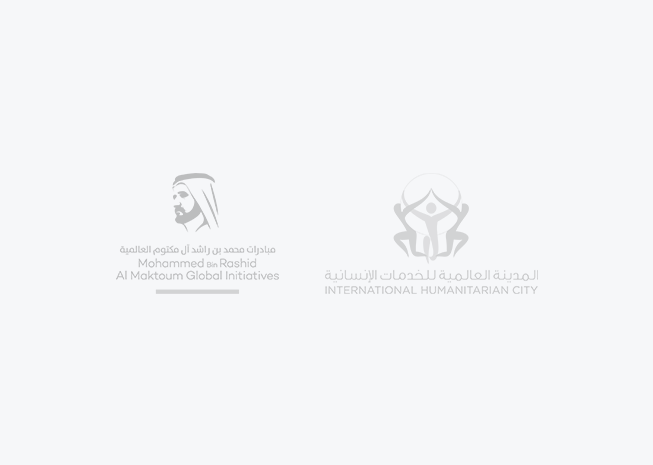
UAE Welcomes Presentation of the Secretary-General’s High-Level Panel on Humanitarian Financing to Member States at the UN New York, 5th February, 2016 (WAM) – The United Arab Emirates participated in yesterday’s presentation of the High-Level Panel on Humanitarian Financing to Member States at the United Nations. Co-Chair of the High-Level Panel Kristalina Georgieva, Vice President of the European Union Commission, led the session with UN Deputy Secretary-General Jan Eliasson and Ambassador Lana Nusseibeh, Permanent Representative of the UAE to the UN.
Georgieva expressed her sincere appreciation for the UAE’s effective launching of the panel’s report in January. Eliasson echoed that sentiment, saying “the Secretary-General is very grateful to Dubai for hosting the launch of the High-Level Panel Report two weeks ago. We thank the United Arab Emirates warmly for its hospitality and leadership.”
The launch of report took place under the patronage of His Highness Sheikh Mohammed bin Rashid Al Maktoum, Vice President and Prime Minister of the UAE and Ruler of Dubai, at International Humanitarian City (IHC) last month, and was attended and opened by Her Royal Highness Princess Haya bint Al Hussein, Wife of Sheikh Mohammed and Chairperson of IHC.
In her remarks at the UN yesterday to Member States, Ambassador Nusseibeh praised the leadership of Georgieva and her co-chair, His Royal Highness Sultan Nazrin Shah for spearheading the effort. Ambassador Nusseibeh also acknowledged the efforts of the other distinguished panel members, as well as Secretary-General Ban Ki-moon for commissioning the report. She highlighted that the report could be the “first step of what will be a sea change in humanitarian aid.” The panel compiled both time-tested and provocative ideas that provide a vital opportunity for achieving the progress required in humanitarian financing. Of the panel’s recommendations, Ambassador Nusseibeh outlined that the UAE would like to better integrate humanitarian relief and development assistance, to see more innovative Islamic financing, and to enable relief flows to middle-income countries.
The UAE also translated the report, “Too important to fail addressing the humanitarian financing gap”, into Arabic to better include regional actors in discussions on transforming humanitarian aid, given that many of the current humanitarian emergencies emanate from the Middle East.
In her remarks, Ambassador Nusseibeh emphasized that while these crises are tragic for their victims, their impact on regional security and stability are felt by all and there needs to be a collective effort to address them.
Highlighting that the report is “an important blueprint for action by the international community,” Ambassador Nusseibeh underscored the role of the private sector in addressing gaps in humanitarian financing, and praised the panel for incorporating voices from private companies in their discussions, including from the UAE.
The briefing to member states concluded with remarks from Eliasson who confirmed the Secretary-General’s call for leaders of Member States to attend the World Humanitarian Summit and stressed the importance of preventive efforts to address root causes of these crises by better connecting relief and development efforts.